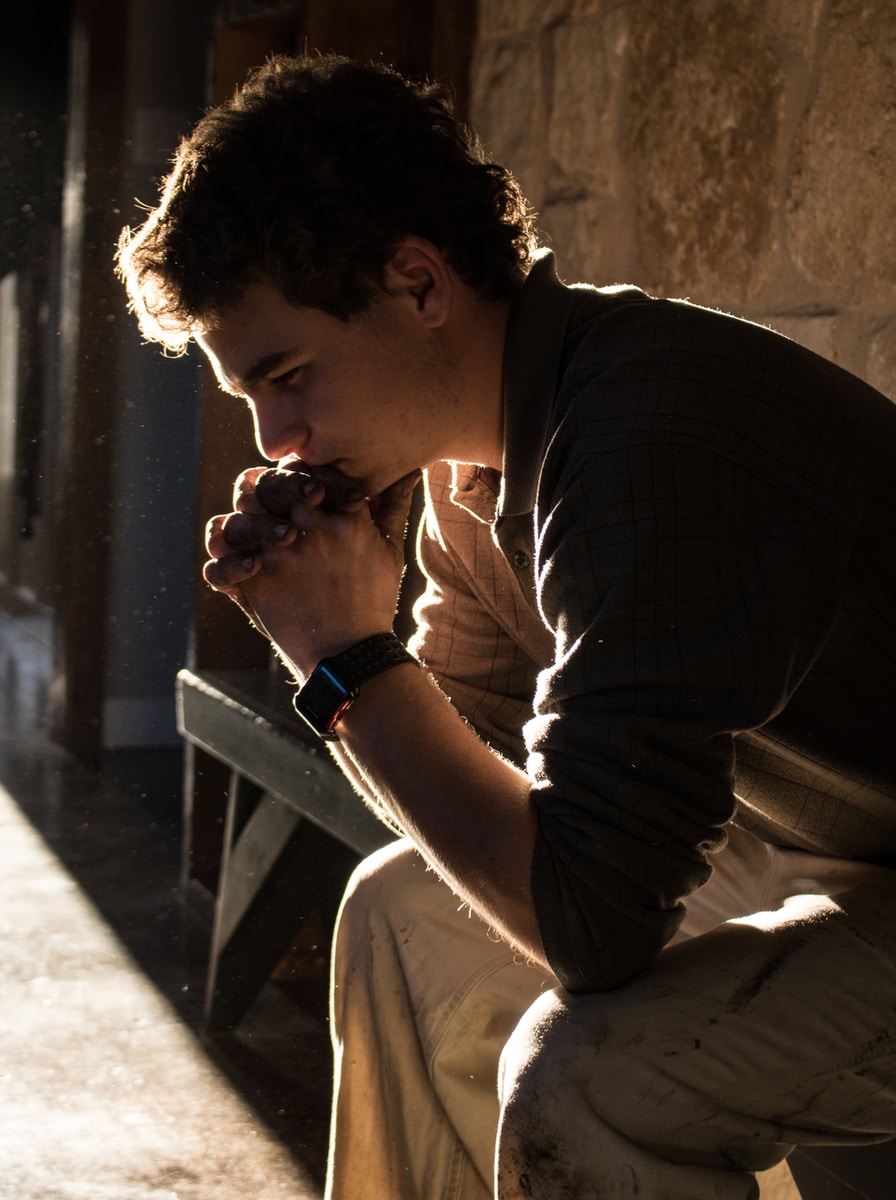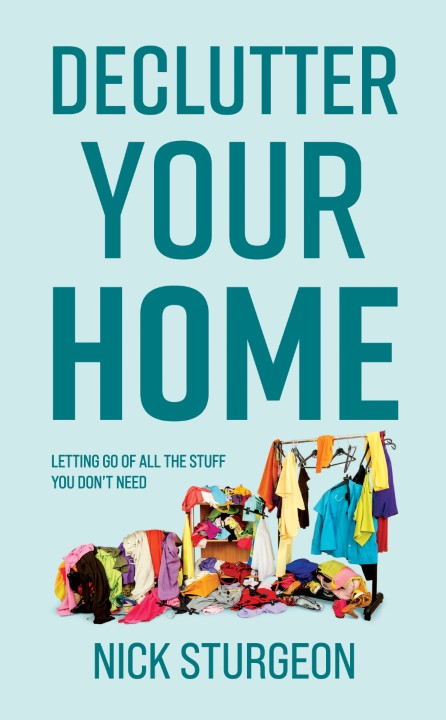The simple act of owning something can create in your brain the perception of value. There are thousands of identical books to the comic book you have or that edition of a monthly magazine, but your mind will assign value to it precisely because it your copy of that book or magazine. The sense of owning something and attributing it a value, is referred to as the Endowment Effect. We give that value to something because it is ours.
House builders want to get you in the show house because it has been made to look real, it has been decorated and filled with gorgeous furniture. This is done so that the endowment effect will work in your brain and emotionally push you forward to where you imagine yourself owning it. The same is true of a car dealership where the sales person wants you to sit in the vehicle and drive it. This way you get a physical as well as deeply emotional sense of what it would be like to own the object.
You can break down the power of the endowment effect by asking a simple question:
"How much effort would I put in to get hold of this, if I didn't own it already?"
The hoarder holds on to things that are easy to acquire rather than items of value which require money to be spent or effort to be invested. Associated with this ease of acquisition you will see the link between hoarding and gifts that are given to us.
Often we will hang on to a wedding present, even if we don't particularly like it, because it came to us easily and there was no effort involved. Part of this equation is the ease with which a hoarder accumulates things, but the other issue is that of the guilt we feel we would experience if we were to throw away or donate the item. All of this is in your head by the way. None of it is real. You own a set of crockery that came as a gift. Smash it up. Throw it away. Donate it to the goodwill shop. There is no guilt attached to the plates. It is only your thinking that is applying this. Other people just see a set of plates.
Surf the Urge
Games we can play with our mind in order to reduce the impact of accumulated junk in our lives can include the process of moving towards the item we think we want, but with the consideration that we are just in a game. We can pick up the item and hold it. How does it make us feel? How does it then feel when you place it back on the counter or put it back on the shelf in the bookstore. When I am in a large city centre I enjoy browsing in the bookstores and sometimes I commit to going in and just looking, to knowing that I will wander around the store and leave without purchasing a book.
Interestingly, in a small indie bookshop, and especially in the shops that sell second hand or vintage books, I don't feel the same urge. In a big bookstore of new books I will find a few books of interest and take them over to a comfy chair. I will spend twenty minutes looking at the books and their content, at the author bio and the jacket blurb. I will satisfy the urge inside my brain that loves the smell of freshly printed clean pages and a cover that has no blemishes or rips. Then I will leave the store and congratulate myself on having enjoyed myself without spending money.
Walk Away from Hoarding
I have been to the edge of the thrill, but faced the addiction and walked away from it. I have surfed the urge. I have not succumbed to the temptation to own the item. Do this for yourself and find the correlation between getting the mental high from taking yourself to those places where you are normally driven by your brain to buy things to satisfy what your brain suggests you need, but then walking away.
Never an easy thing to do, we need to find ways to let go of our clutter.
Specifically related to hoarding here are some questions which might be useful for you to work through :
- "If I had to buy this object with my own money, would I do so again?"
- "If I can I create just two rooms without clutter in my house, which rooms will I choose to work on first?"
- "Can I invite a good friend to help me deal with removing items from my house, for just one hour this week, and book with them to do the same again next week?"
Admitting the existence of the problem is a huge aspect of freeing yourself up emotionally to deal with the clutter that is swamping your house. Opening up to friends and family to speak with them about how you feel over the issue of your junk swamping your living environment is a strong way forward. You are dealing with a state of mind that is recognised as an aspect of mental health.

